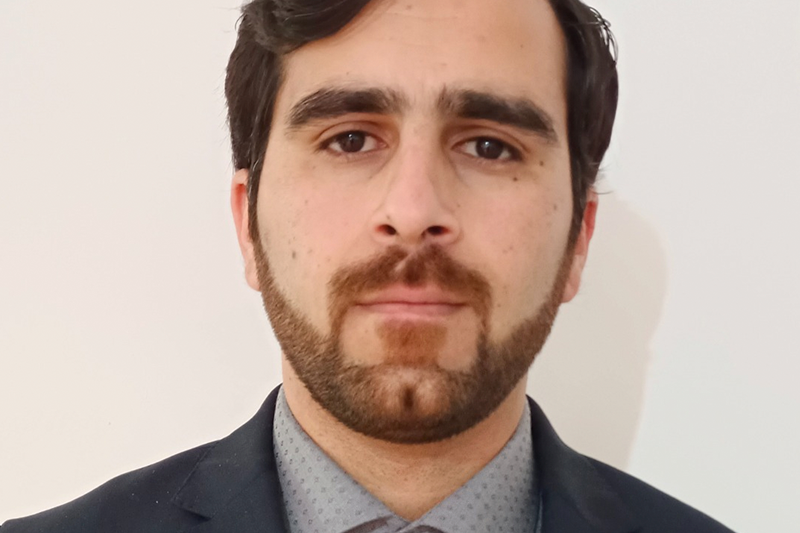Usman Khan Jadoon

PhD summary
The doctoral project aims to contribute to the advancement of synthetic fuels production under the circular economy, by developing a comprehensive and rigorous model that can be used to design, monitor and optimize the operation of e-fuels production schemes. In this project hydrogen mediated technologies for synthetic fuels and final chemicals will be analysed. Different processing routes and technologies will be considered. An specific processing route will be selected and a rigorous model developed. Some of the technologies considered are gasification, steam methane reforming, water gas shift and reverse water gas shift, Fischer-Tropsch or CO2 capture. This model can be used for the design of a pilot/demo/industrial unit or facility in a future as well as for monitoring the unit operation, in that case the model will be a digital twin of the unit. There is an initial phase that will focus on the development of the process model, which will be more efficient in terms of optimized operation, energy efficiency and cost effectiveness. A second phase will focus on the socio-economic lifecycle assessment to optimize the process for platform chemical production. The overall goal of this project is to create a framework that can be used to optimize the generation of e-fuels (and final chemicals) production schemes in order to minimize carbon emissions and production costs. It is anticipated that this project will make a significant contribution to the sustainability of these systems and to the development of more cost-effective, environment friendly and efficient e-fuels production technologies. Overall, this project is promising to provide a solution for more circular and sustainable way of producing synthetic fuels.
Biography
Usman Khan Jadoon is from Abbottabad, Pakistan, where he received his high school education. After earning his bachelor's degree from the University of Engineering and Technology in Peshawar, Pakistan, he began working as an assistant manager for Bestway Cement ltd UK Group for almost six years. Mr. Jadoon then received his Master of Science degree in Process Systems Engineering from the National University of Sciences and Technology in Islamabad, Pakistan. In order to address the problem of carbon emissions from the cement manufacturing process, he combined his professional experience with academic research for his master's thesis. He did this by developing a framework for carbon capture and using artificial intelligence techniques to create soft sensors for continuous process monitoring as well as to improve the accuracy and efficiency of the model. During this time, he published two international peer-reviewed journal articles and also presented a paper at a conference.
He is pursuing his doctorate in Environmental, Chemical, and Materials Engineering at the Universidad Politecnica de Madrid (UPM) in Spain thanks to a Marie Sklodowska-Curie fellowship. At UPM, his main research focus is developing a comprehensive framework for the production of sustainable synthetic fuels utilizing biomass and municipal solid wastes (MSW), including CO2 conversion. The main objectives are twofold firstly the analysis of the economics and environmental impact of future chemical processes based on hydrogen while utilizing biomass and MSW as carbon sources secondly to develop a thorough and rigorous model that can be used to design, monitor and optimize the operation of e-fuels production schemes.
